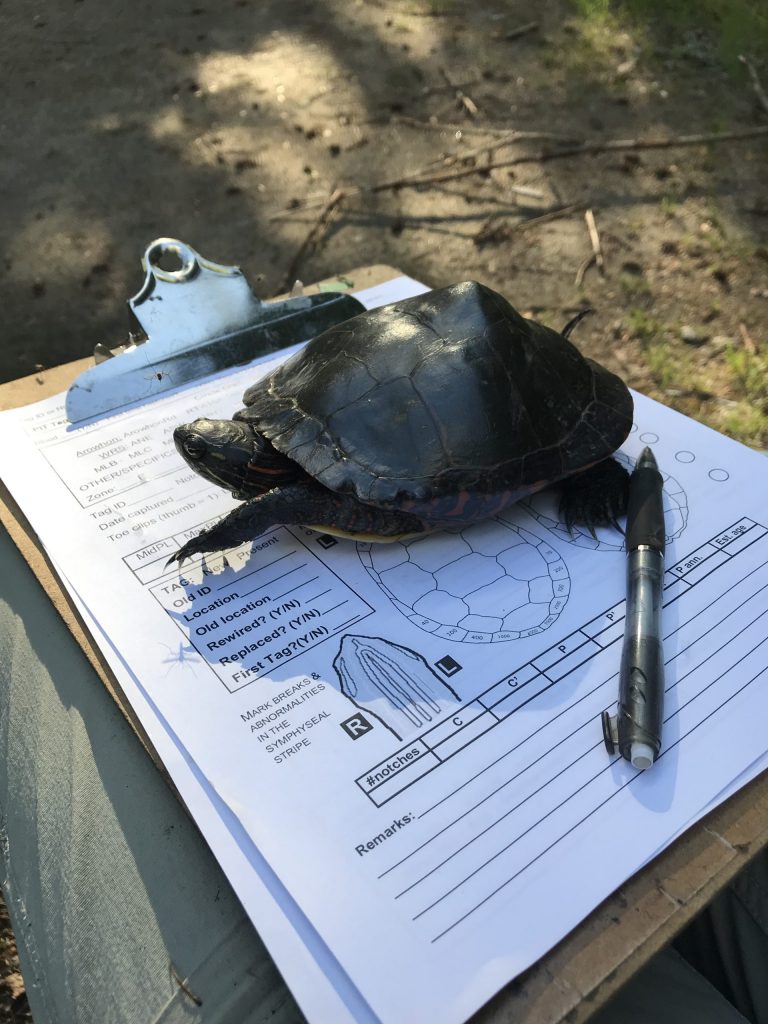
Chrysemys picta (Painted Turtle) 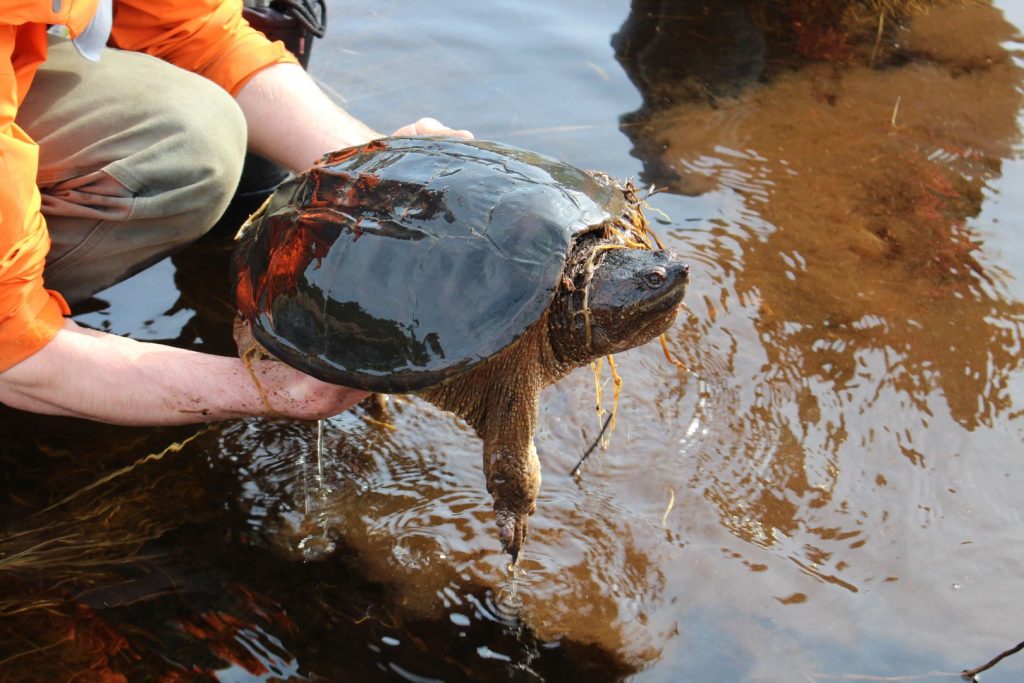
Chelydra serpentina (Common Snapping Turtle) 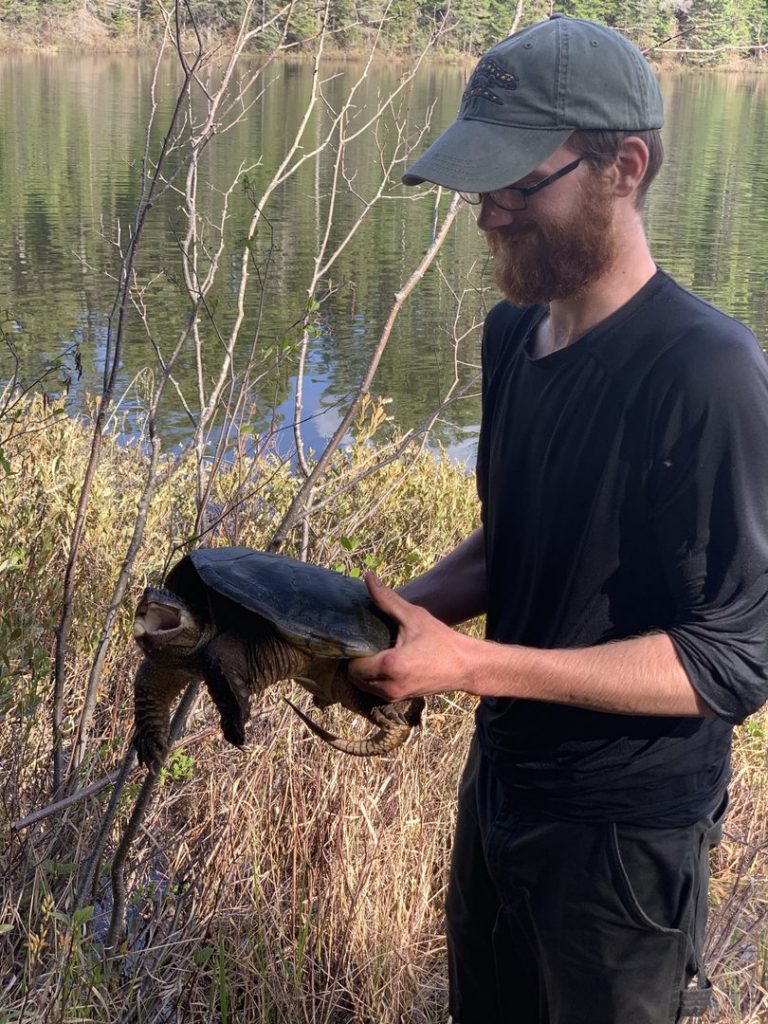
PhD Student holding a Common Snapping Turtle
The long-term turtle life history study in Algonquin Park
The long-term turtle life-history study was founded by Dr. Ron Brooks and his student, Dr. Marty Obbard, in the early 1970s. Every year, a team of dedicated researchers travel to the Wildlife Research Station in Algonquin Provincial Park, where they live from May to August. The team studies up to 6 populations of turtles, including Snapping Turtles, Painted Turtles, and (to a lesser extent) Blanding’s Turtles. Most turtles in our study populations are systematically caught or trapped in May and each individual is measured and examined for annual changes in condition and general health. Nesting season occurs from late May to July, where all nesting females are caught and measured, and their clutches collected and measured, before being reburied in the wild.
This study has generated a tremendous amounts of individual-based data. We have tens of thousands of individual nesting records and clutch measurements, data on nesting locations, temperature, morphology and growth. We are beginning to understand that many of our study turtles are extremely old. A few snapping turtle females originally caught in 1972 are still around today, for example, and have not grown much since 1972. This lack of growth since 1972 means these individuals were probably at least 30-50 yrs old in the 1970s, putting some turtles at around 100 years old today.
This project and its long-term dataset presents a unique opportunity for evolutionary ecologists to combine theory, experimental manipulation, and big data to address interesting and timely questions about adaptation to northern environments, life-history trade-offs, phenotypic response to climate change, physiological ecology, sexual selection, among other topics. The project is highly amenable to a variety of interests, from short “one-off” projects that focus on small and specific questions, to deep and involved analyses of individual-level data spanning multiple decades. We have a variety of ideas on both types of projects, so undergraduates and graduates that are interested in the long-term life-history study (and that would like to live in Algonquin Park for the summer) are encouraged to contact me about upcoming opportunities in the lab.
- Student recording data at West Rose Lake
- Snapper “B07” nesting at the Wildlife Station
- Turtle “A33” basking at Wolf Howl Pond.

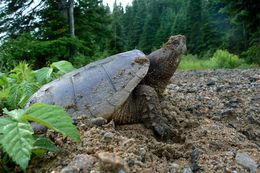
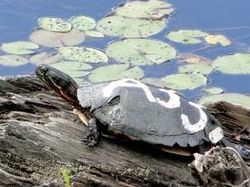
Recent Comments